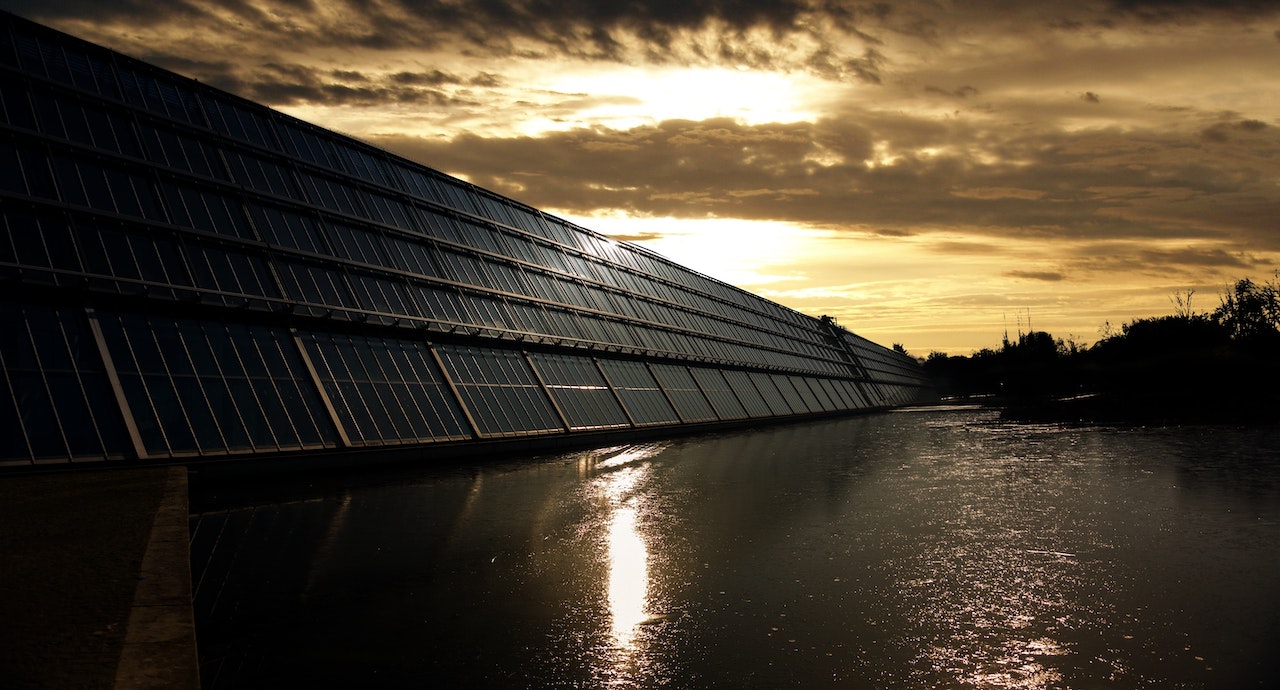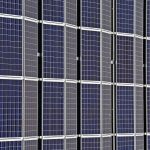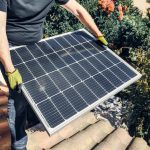Surety Bond Professionals is a family owned and operated bonding agency with over 30 years of experience. With access to a broad range of surety markets, our expert agents are ready to assist with all of your solar bonding needs.
What Are Solar Surety Bonds?
All surety bonds required in conjunction with the permitting, construction, operation, or decommissioning of a solar generating facility fall into the broad category of solar surety bonds. Solar surety bonds are a form of financial security used to mitigate risk in the solar energy industry. They are an alternative to letters of credit, cash deposits, and other ways to protect the financial interests of project owners and government entities—federal, state, or local—related to various phases of a solar generating facility’s life cycle.
Each solar surety bond is a legally binding contract among three parties: the “obligee” requiring the bond, the “principal” purchasing the bond, and the “surety” guaranteeing the payment of valid claims against the bond.
Solar Surety Bonds have certain advantages over other types of financial security. The main advantage from the principal’s standpoint is that a surety bond does not require a large initial outlay of cash or tie up the principal’s working capital or credit line, potentially for a period of many years. From the obligee’s perspective, the surety ‘s underwriting process helps weed out unqualified contractors. The surety also investigates all claims against a solar bond and ensures compensation for monetary damages.
When and Why Are Solar Surety Bonds Required?
As with any other type of construction project, there is always the risk that a contractor will default on a contract and not complete the work or will fail to pay suppliers, subcontractors, and/or workers. There also are some risks that are unique to the construction, operation, and eventual closure of solar generating facilities.
Solar surety bonds are required when the perceived risk is high enough for the project owner or relevant government entity to require guaranteed protection against financial harm caused by a contractor becoming insolvent and ceasing operations or committing an unlawful or unethical act that violates the terms of the contract (and in effect, bond agreement).
What Are the Main Types of Solar Surety Bonds?
The most commonly required solar surety bonds are:
- Performance Bonds—These are among the most commonly required solar construction bonds. They protect the obligee requiring them against the financial fallout from a principal’s defaulting on a contract or otherwise failing to perform. Without a performance bond, in such situations, the obligee could be stuck with the cost of bringing in another contractor to complete the work satisfactorily and finish up the project significantly overbudget.
- Payment Bonds—Often bundled with a performance bond, a payment bond ensures that the principal will pay suppliers and those installing equipment or handling other aspects of the construction of a solar generating facility. The bond ensures that the principal pays all subs and suppliers on valid invoices/requisitions.
- Maintenance Bonds—Sometimes called operations bonds, these surety bonds guarantee ongoing maintenance or operation of a solar generating facility once it is up and running.
- Decommissioning Bonds—Decommissioning bonds guarantee that the solar generating facility will be properly decommissioned and the site returned to its original condition when the time comes. The average useful life of a solar generating facility is 25 years, so these bonds are long-term obligations for the principal. If the principal does not live up to the obligation, the bond ensures that funds will be available to cover the cost of decommissioning. This bond also applies should the principal abandon the facility during its’ useful life cycle, so it protects the obligee throughout the entire duration of the project.
- Customs Bonds—U.S. Customs and Border Protection imposes taxes, duties, fines and penalties on companies importing renewable energy products, including such system components as solar panels. Requiring customs bonds ensures compliance with applicable import/export regulations and payment of any monies due.
- Right of Way Bonds—Local or state governments that issue permits for the construction of solar generating facilities typically require these when work is to be carried out within public rights of way—roads, highways, sidewalks, and so on. Right of Way bonds require the bond principal to complete such work in accordance with the terms of the permit and restore to their original state any land or public facilities disturbed or damaged during construction.
How Do Solar Surety Bonds Work?
The terms of a solar surety bond legally obligate the principal to pay all claims the surety finds to be valid. In guaranteeing a solar surety bond, the surety agrees to extend credit to the principal for the purpose of paying claims. The usual practice is for the surety to pay the claim initially and then be reimbursed by the principal for the resulting debt.
How Much Do Solar Surety Bonds Cost?
Like most surety bonds, solar surety bonds are subject to underwriting. The main underwriting focuses are around the principal’s financial capacity (balance sheet strength), and prior experience. They look at these metrics to judge the likelihood of claims and the risk of the principal not repaying the surety for claims paid on the principal’s behalf. The underwriters’ risk assessment determines whether the principal will be approved/declined on the bond and the premium rate that the principal will pay for a solar surety bond.
Get A Quote
Our surety bond professionals will get you the solar surety bond you need at a competitive rate.





